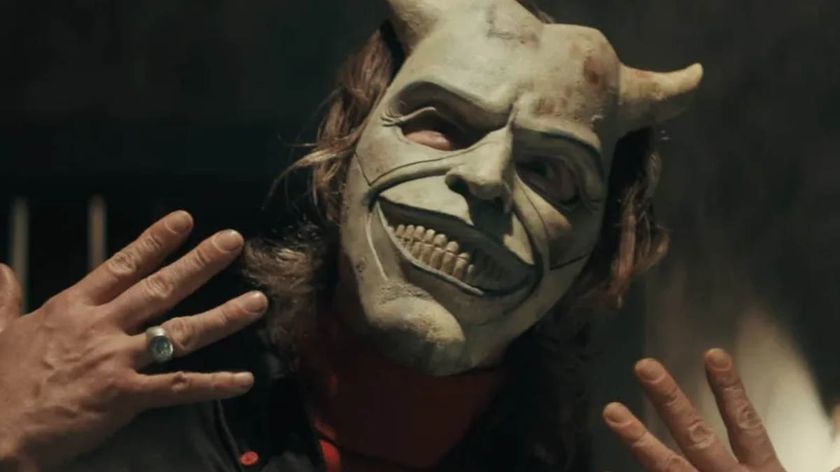The Last of Us changed the video game industry, and now it’s done the same for video game adaptations
Opinion | Shining the light on video game gold
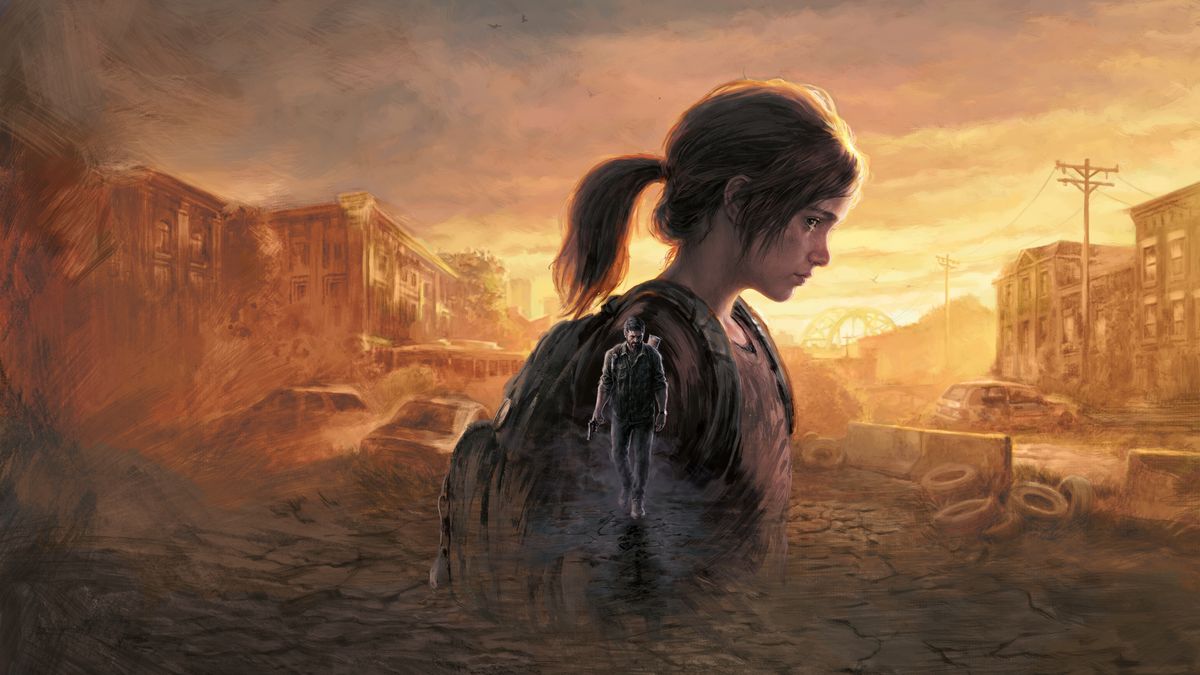
"I can't believe this is based on a game," exclaims my dad after watching the season finale of The Last of Us TV show. He's been hooked from the start, texting me his thoughts and asking questions about characters and plot as the weeks have gone on. While it stings that his realization that 'games are good actually' is only coming now, after a decade of me working in the industry, it doesn't surprise me that a Last of Us adaptation is what's changed his mind.
My dear old dad is clearly not an isolated case either, with multiple members of the 12DOVE team saying they've had similar conversations with parents, friends, relatives, and tons of other non-gamers in the same vein. Changing perceptions is the Last of Us' superpower, and it always has been.
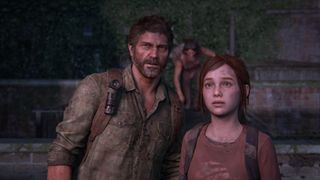
It started when the game launched back in 2013 on the PS3. It was not only stunning to look at – pushing the boundaries on what was possible on the creaking PS3 and going on to set a high bar for those very early days of the PS4 – but it was a game that challenged misconceptions about video game storytelling. Plenty of games have mature content, but not many prior to The Last of Us delivered a narrative that tackled such huge emotional themes and intertwined them with gameplay so beautifully.
The Last of Us took the fairly overworked zombie apocalypse trope and instead focused on the tale of two humans, with their plight and relationship eclipsing the zombies themselves. The game's opening alone is such a narrative gut punch and delivered such a deep level of immersion that – even now – not many have managed to better it. The emotional investment was instant, and that only grew after a 20-year time-jump to the game's telling of Joel and Ellie's adventures. Its focus on normal humans and their relatable feelings – even the darker ones – is formidable, even against the backdrop of something that (thankfully) none of us have had to experience.
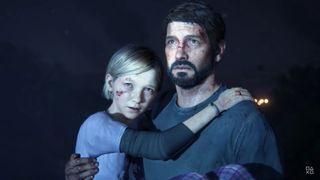
That powerful story was perfectly balanced by its gameplay, in a way that not many games have been able to emulate in the decade since, apart from the likes of Sony Santa Monica's 2018 God of War reboot and God of War: Ragnarok, and of course The Last of Us Part 2. Red Dead Redemption 2 and Ghost of Tsushima are definitely up there for me too.
No gameplay, no problem

But, even by removing the interconnectedness of the gameplay, The Last of Us' narrative strength has meant that viewers of the HBO TV show are having the same conversations that we were having in 2013 now. It's a powerful thing for the gaming industry, as people outside of the gaming space are starting to see video games for the amazing storytelling platform that it is – all we needed was one perfect adaptation. Again, it comes back to narrative impact – that human element and experience that translates so well regardless of setting. Video games have various unfair external perceptions ranging from being frivolous and juvenile, or incredibly violent. You find few non-gamers talking about the strength of the medium's storytelling, or engaging in that age-old debate of whether games are art – well, until The Last of Us HBO that is. It's getting people taking games more seriously, pushing them to a wider audience and better understanding, which can only be a good thing.

The viewership figures speak for themselves, with the premiere drawing in 4.7 million US viewers, with that number steadily rising with each episode to peak at 8.2 million US viewers for the season finale – despite it airing at the same time as the Oscars 2023. HBO has gone on to say that The Last of Us is now the most-watched show "in the history of HBO Max" – beating the likes of House of the Dragon.
Sign up to the 12DOVE Newsletter
Weekly digests, tales from the communities you love, and more
Video game adaptations certainly aren't new, and have definitely improved in recent years (just look at Arcane, Cyberpunk Edgerunners, and The Witcher as excellent examples), but none have quite captured the wider TV and movie-viewing audience in the same way as The Last of Us has. Maybe that'll continue with the upcoming release of the Super Mario movie, but I doubt it has such broad appeal. Sorry, Nintendo. With the raft of video adaptations in the works, from Fallout and Horizon Zero Dawn to Alan Wake and Death Stranding, I just hope that the conversations about the strength of video game narratives continue.
Roll on The Last of Us season 2 we say, although on team we've been discussing if The Last of Us Season 2 doesn't cover all of Part 2, where does it split?

Sam Loveridge is the Brand Director and former Global Editor-in-Chief of GamesRadar. She joined the team in August 2017. Sam came to GamesRadar after working at TrustedReviews, Digital Spy, and Fandom, following the completion of an MA in Journalism. In her time, she's also had appearances on The Guardian, BBC, and more. Her experience has seen her cover console and PC games, along with gaming hardware, for a decade, and for GamesRadar, she's in charge of the site's overall direction, managing the team, and making sure it's the best it can be. Her gaming passions lie with weird simulation games, big open-world RPGs, and beautifully crafted indies. She plays across all platforms, and specializes in titles like Pokemon, Assassin's Creed, The Sims, and more. Basically, she loves all games that aren't sports or fighting titles! In her spare time, Sam likes to live like Stardew Valley by cooking and baking, growing vegetables, and enjoying life in the countryside.
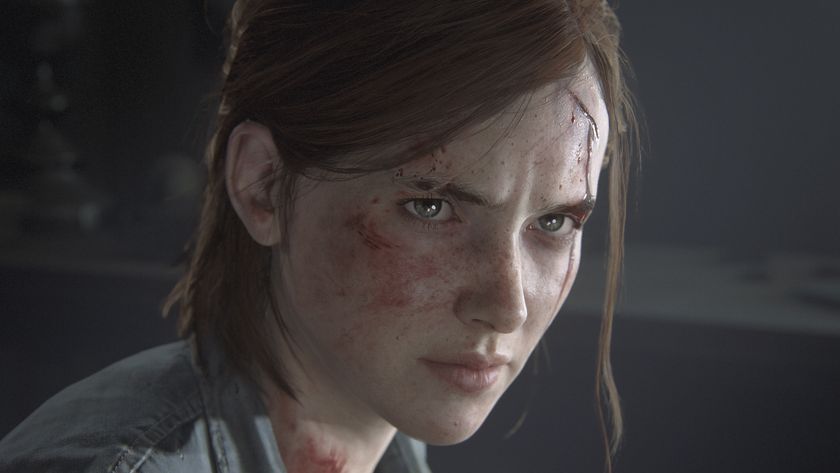
After telling The Last of Us fans don't "bet on" a Part 3, Neil Druckmann says "so many stars have to align, I can't guarantee it" but he treats every game "like it could be my last"
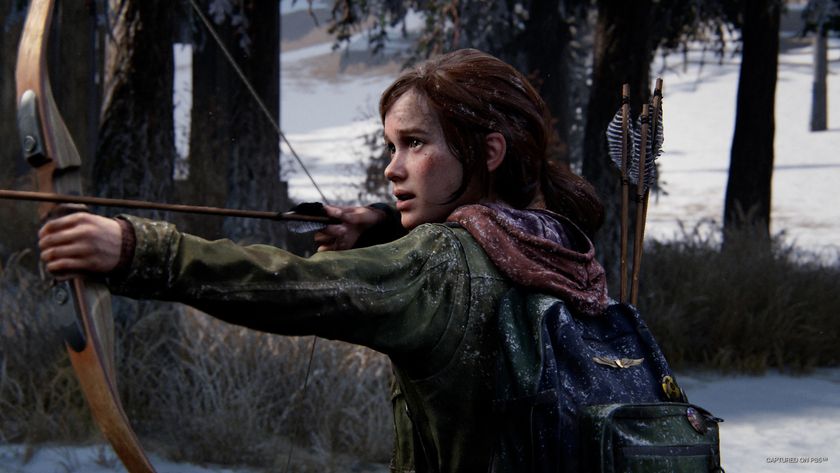
The Last of Us director Neil Druckmann wanted to make sure the first game "was complete" because "I wasn't sure they would ever let me direct a game again"
